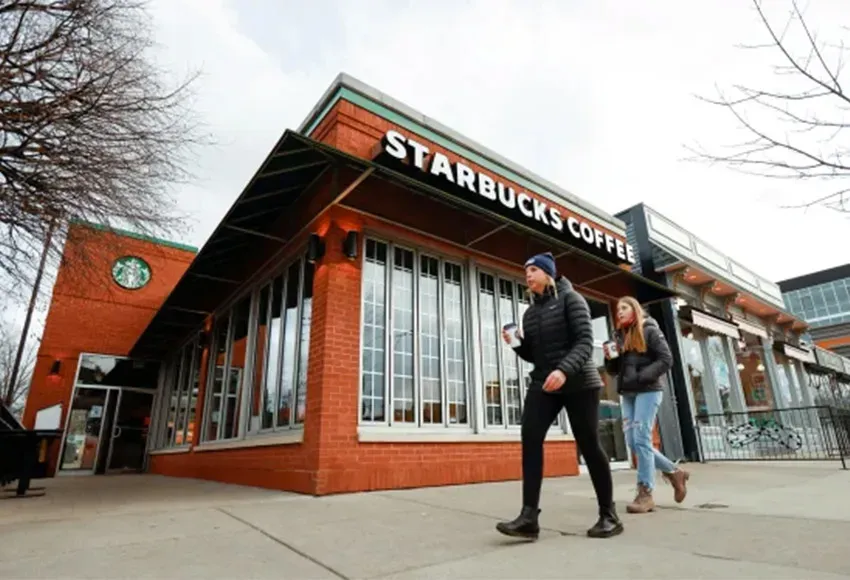For the third time since December, the National Labor Relations Board (NLRB) has asked a federal court to order Starbucks to stop interfering with a unionization drive in its US stores.
The NLRB is the agency charged with overseeing national labor laws, including providing a free and fair process for employees to form a union at their workplace.
The first NLRB filing sought to stop Starbucks from unfair labor practices including retaliation against pro-union workers at its Buffalo, New York, store – the first to unionize in the latest round of organizing.
Since then, more than 289 US stores have petitioned the NLRB to hold union elections – so many, in fact, that the NLRB now faces a serious backlog of unionization requests. At least 151 stores have already voted to unionize.
The latest NLRB filing also involves the Buffalo store. The NLRB's regional director in Buffalo filed the petition for federal court intervention on June 21. It asks the court to order Starbucks to reinstate seven Buffalo employees it says were unlawfully fired for trying to form a union.
The NLRB also seeks to order Starbucks to bargain with employees at a store where the NLRB-sponsored union election was tainted by Starbucks' intimidation tactics.
In its petition, the NLRB charged Starbucks with numerous violations of US labor law in Buffalo, including surveilling employees about unionization plans by listening in to conversations on their headsets, promising higher pay and better benefits if they didn't unionize, and interrogating them for wearing union pins.
The NLRB's petition is not confined to the Buffalo store, however. It also asks the court to order Starbucks to stop a number of anti-union tactics at all of its US stores, including:
Earlier this month, Starbucks announced plans to permanently close a store in Ithaca, New York, that had voted to unionize.
The company cited "business reasons" for the closure, but workers at the store said the company is retaliating for their labor activism. Starbucks, which operates 9,000 US stores, said it opens and closes locations regularly and based its decision on staffing and other problems at the store.


